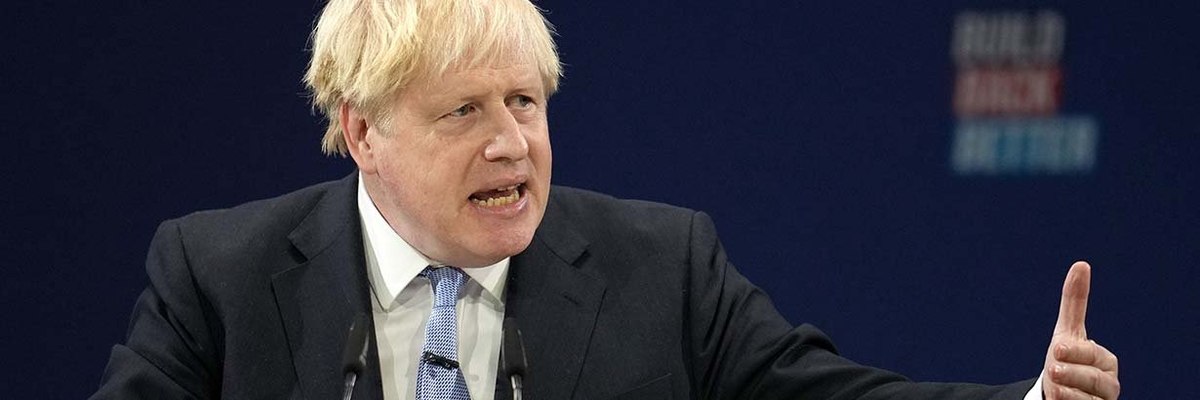Trust over taxes also falls, with Tories and Labour now tied on which party is best to handle the issue
Economic recovery post-COVID was a key talking point at the Conservative party conference this week, with rising prices and tax rates featuring heavily. Our latest tracking data suggests that the public are not enamoured by the government’s handling of either of these areas, with this trickling over into perceptions of their overall handling of the economy.
As YouGov highlighted recently, the public have been losing trust in the government over inflation, with prices rising over the summer and Britons now being hit with big new energy bills. New figures now show just a quarter (26%) think the government are handling the issue well, compared to 53% who say they are handling it badly.
As a result of the poorly-received changes to National Insurance, Britons also think the government are handling taxes badly (60%), with just 25% saying they’re doing a good job. Chancellor Rishi Sunak has refused to rule out further tax rises in the near future, suggesting that the Conservatives’ problems in this area are unlikely to abate any time soon.
The handling of these two areas has also impacted how the government are perceived to be handling the economy overall, with the public disapproving by 54% to 34%. Approval around the economy had been diminishing over the summer, but the biggest change in opinion came between 19 September – when 47% of people said the government was handling the issue badly – and 26 September when that figure had risen to 55%.
Worse still for the government, this shift in opinion across all three areas is also occurring among Conservative voters. This is particularly notable when it comes to tax: at the end of August 59% of Tory voters thought the government was handling tax matters well, compared to 24% badly. As of the most recent poll, 47% say they are handling it well and 42% say badly.
By 58% to 10% Britons think the economy remains in a bad state, only a slight improvement compared to March when the country was still in lockdown. They are just as pessimistic about Britain’s future financial prospects: just one in five think things will get better in the next year, compared to 53% who say the economic situation will worsen.
The Tories reputation for handling the economy is slipping away
As a result of these woes, the general public are now just as likely to say Labour are the best party to handle taxation as they are the Conservatives, with both parties getting 25% of the vote on this issue.
However, despite a slight narrowing, Starmer’s party are still a long way off the Tories when it comes to trust in handling the economy in general. Three in ten (29%) think the Conservatives are best on this issue, compared to 19% who say Labour, although this still represents a tightening from 33% vs 17% in mid-September.
The Conservatives are also at risk of losing their reputation as the low-tax party. In fact, the public are now more likely to say taxes would rise under the Conservatives (64%) than under a Labour government (56%).
And on the trade-off between taxes and public spending, the public are about as likely to say the government is taxing too much (28%) as too little (26%), while 19% think they’ve got the balance right. This is the first time since Boris Johnson became prime minister that so many people think taxes are too high. Conservative voters in particular are concerned about the idea of increased taxes with 33% saying the government taxes too much, up from 25% last month.
This article uses data from the following trackers:
How the government is handling the issue of tax in the UK
How the government is handling the issue of inflation in the UK
How the government is handling the economy in the UK
Are we taxing and spending the right amount?
Which political party would be the best at handling the economy?*
Which political party would be the best at handling taxation?*
Will taxes increase with a Labour government?**
Will taxes increase with a Conservative government?**
Further results, including more recent figures for the asterisked trackers, can be found here(*) and here(**)









